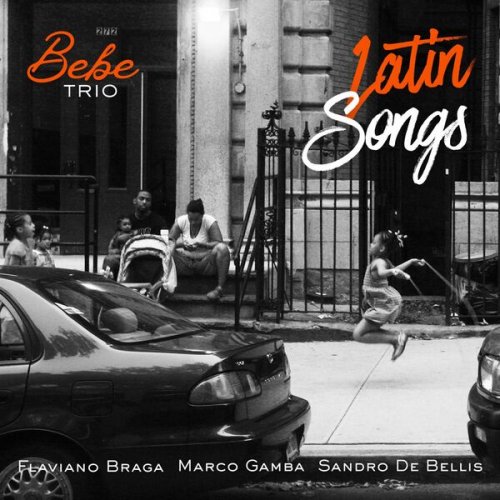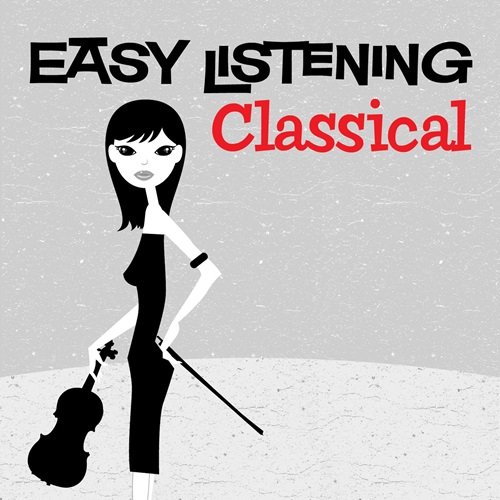Ulrich Schmid, Dominique Roggen - Villa-Lobos - Concertos for Violoncello and orchestra (1989)
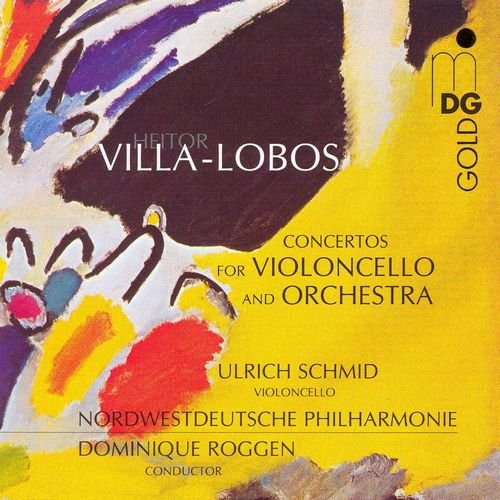
Artist: Ulrich Schmid, Dominique Roggen
Title: Villa-Lobos - Concertos for Violoncello and orchestra
Year Of Release: 1989
Label: MDG
Genre: Classical
Quality: FLAC (image+.cue,log,scans)
Total Time: 42:49
Total Size: 215 Mb
WebSite: Album Preview
Tracklist: Title: Villa-Lobos - Concertos for Violoncello and orchestra
Year Of Release: 1989
Label: MDG
Genre: Classical
Quality: FLAC (image+.cue,log,scans)
Total Time: 42:49
Total Size: 215 Mb
WebSite: Album Preview
Concerto No.2 for cello and orchestra
01 I. Allegro non troppo
02 II. Molto andante cantabile
03 III. Scherzo. Vivace
04 IV. Allegro energico
Grande Concerto Op.50 for cello and orchestra
05 I. Allegro con brio
06 II. Assai moderato
07 III. Allegro moderato
Performers:
Ulrich Schmid, cello
Nordwestdeutsche Philarmonie
Dominique Roggen, conductor
Heitor Villa-Lobos' two numbered cello concerti come from the opposite ends of his output; the first Grande Concerto dates from 1915 and the second from 1953. In between there is another concertante work, the Fantasia for cello and orchestra, which is contemporaneous with the Bachianas Brasileiras No. 5 for soprano and eight cellos that remains Villa-Lobos' most popular work. In this MD&G issue, Heitor Villa-Lobos: Concertos for Violoncello and Orchestra, cellist Ulrich Schmid is heard with the Nordwestdeutsche Philharmonie under conductor Dominique Roggen in the numbered concertos only, although there easily would have been enough room on the 42-minute-long disc to accommodate the Fantasia as well. A short-lived release from 1996 including all three cello concertante works, and featuring famed virtuoso Antonio Menenses, was once available on Valois, but it hasn't been seen since that company was sucked up into the Naïve combine.
This MD&G Gold edition is a high-end audio version of a release originally recorded in 1989, and other than being a Gold CD, it is in every way the same as it was on first issue, down to the dated haircuts and suits worn by the principal artists in the booklet's photo. MD&G's sound wasn't nearly as crisp and sonically spectacular in 1989 as it is two decades hence -- while on "Gold" this recording is still fairly distant, quiet, and a little heavy on the room sound. Yet these are not your ordinary cello concerti; the Grande Concerto, not very "grand" at just 20 minutes, is equal parts French and Brazilian, given to long lyric lines for the cello derived from Brazilian folk melodies while the orchestration reflects the influence of Debussy, still living when Villa-Lobos put the final touches on this concerto. The second concerto retains something of a similar folk flavor, mainly in the solo part, but the harmonic underpinning and orchestral sound recalls the more rigorous, no-nonsense approach of Hindemith, an attribute that is most certainly not found with frequency in Villa-Lobos.
Perhaps at some juncture Naïve will bring the Menenses back, or another enterprising cellist will undertake the concertante works of Villa-Lobos anew. While Ulrich Schmid works hard at playing the solo parts, the recording really doesn't present his contribution in a perspective that suits it, and the orchestral accompaniment is flaccid, amorphous, and disinterested.
This MD&G Gold edition is a high-end audio version of a release originally recorded in 1989, and other than being a Gold CD, it is in every way the same as it was on first issue, down to the dated haircuts and suits worn by the principal artists in the booklet's photo. MD&G's sound wasn't nearly as crisp and sonically spectacular in 1989 as it is two decades hence -- while on "Gold" this recording is still fairly distant, quiet, and a little heavy on the room sound. Yet these are not your ordinary cello concerti; the Grande Concerto, not very "grand" at just 20 minutes, is equal parts French and Brazilian, given to long lyric lines for the cello derived from Brazilian folk melodies while the orchestration reflects the influence of Debussy, still living when Villa-Lobos put the final touches on this concerto. The second concerto retains something of a similar folk flavor, mainly in the solo part, but the harmonic underpinning and orchestral sound recalls the more rigorous, no-nonsense approach of Hindemith, an attribute that is most certainly not found with frequency in Villa-Lobos.
Perhaps at some juncture Naïve will bring the Menenses back, or another enterprising cellist will undertake the concertante works of Villa-Lobos anew. While Ulrich Schmid works hard at playing the solo parts, the recording really doesn't present his contribution in a perspective that suits it, and the orchestral accompaniment is flaccid, amorphous, and disinterested.
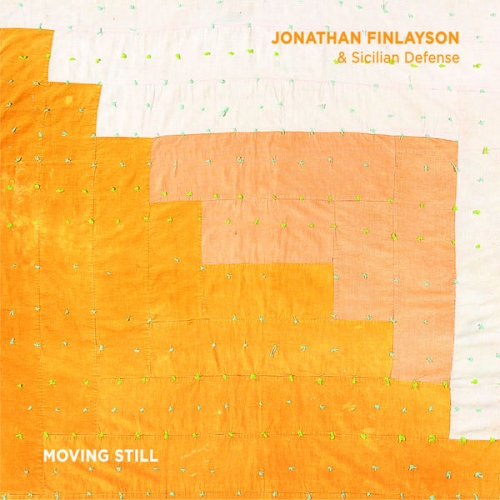
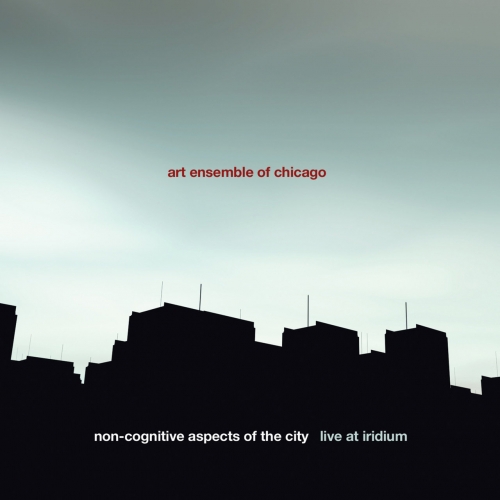
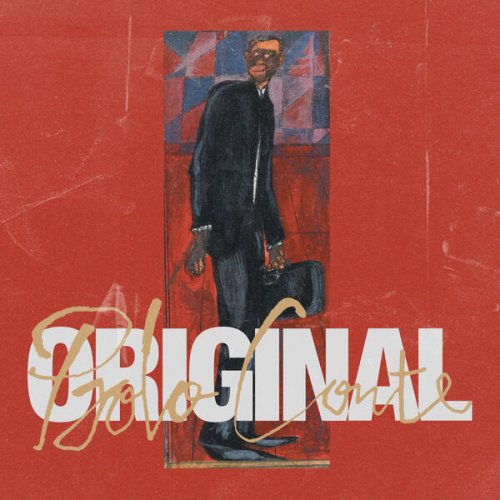
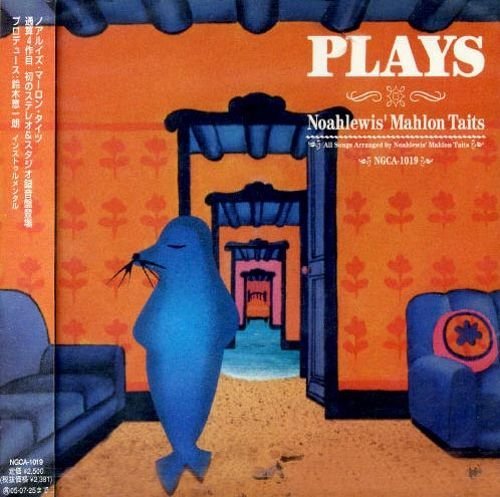
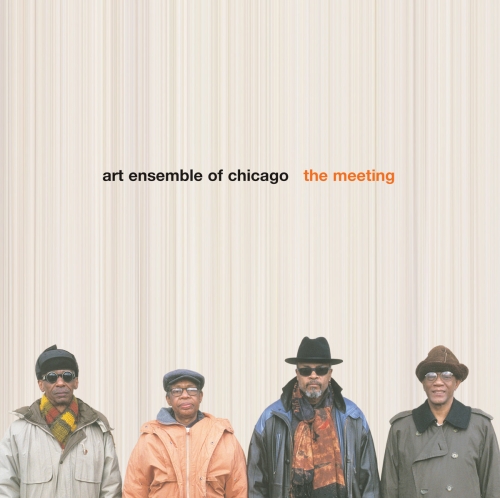
![Henry Threadgill, Ensemble Double Up - Old Locks and Irregular Verbs (2016) [Hi-Res] Henry Threadgill, Ensemble Double Up - Old Locks and Irregular Verbs (2016) [Hi-Res]](https://img.israbox.com/img/2026-01/11/p30x0pecr83e6f3do67qdh3yo.jpg)
